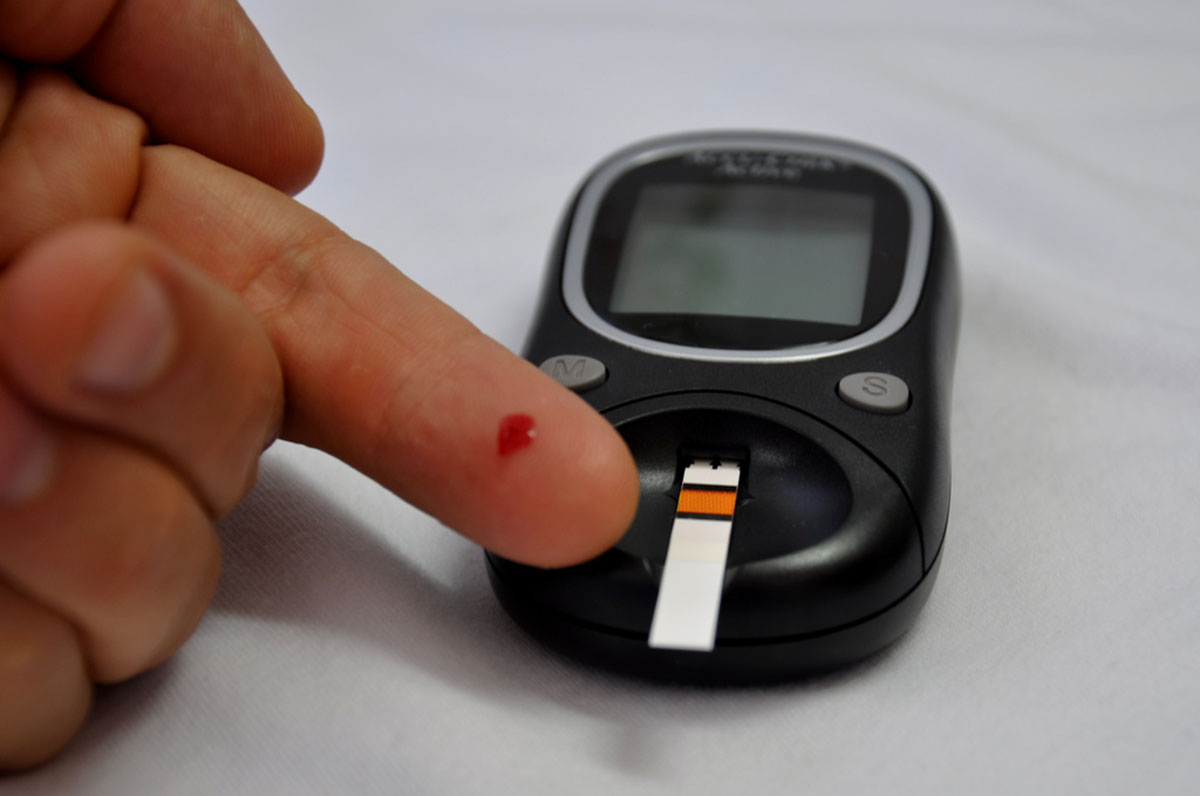Table of Contents
Obviously, the New York Genome Center couldn't go to the National Institutes of Health and ask for millions of dollars to study the question whether a gene will make you sneeze on a sunny day. However, since 23 and me already had complete copies of the DNA of thousands of people and information on their disease conditions, the Genome Center simply had to analyze the data provided by the public.

All of this is very interesting, but why do we care that genes multitask? Does this fact make a difference in health? Will there ever be any practical application of this research? There already is.
If the same gene causes different diseases, then different diseases might have the same treatment. There may already be cures for diseases that simply haven't been tried because no one supposed that they developed from the same underlying, genetic processes that cause conditions that appear to be very different. This means that a treatment for sun allergies just might make a big difference in treating Parkinson's disease. Or that a treatment for obesity might reveal the formula for a hair growing tonic. And the connection between diabetes and Alzheimer's has already led to insights into the prevention of Alzheimer's with a diabetes diet.
READ Living a Long Life: Genetics or a Way of Life?
In the 1990's, a researcher named Jose Luchsinger at Columbia University in New York City explored the idea that diet might have an influence on Alzheimer's disease. He recruited 980 men and women who were over the age of 65 and followed them for four years. He also asked them for information about their diets. Over the four years of study, 202 of the volunteers were diagnosed with Alzheimer's. The relationship between diet and Alzheimer's turned out to have a genetic connection.
- Some of the volunteers had variations 2 or 3 of a gene called apolipoprotein E. How many calories they ate and how much fat they ate had no relationship to whether they developed Alzheimer's disease.
- Some of the volunteers had variation 4 of the apolipoprotein E epsilon4 gene. Those in the top 25 percent of calorie and fat consumption had up to 390 percent greater risk of developing Alzheimer's compared to those in the bottom 25 percent.
If you had variations 2 or 3 of the gene, then diet didn't really cause Alzheimer's are protect you from it. If you had variation 4, then high-calorie or high-fat diet could greatly increase your risk of the brain disease.
However, later scientists learned that it wasn't just Alzheimer's that was related to this gene, and different variations of this gene required totally different plans of action.
READ How do Genetics Impact Behavior and Personality
- People with variation 2 of the apolipoprotein E gene tend to have high levels of triglycerides. Normally, doctors tell them to cut down on their intake of fat. However, if people who have this variation of the gene lower fat consumption, they increase their body's production of a kind of LDL cholesterol that causes heart attacks. For people with this variation of the gene, low-fat diets are potentially deadly, and higher-fat diets are potentially healthy.
- Even when people with variation 4 of this gene avoid Alzheimer's disease, they are at increased risk of heart disease. Their bodies produce fewer triglycerides when their diets contain less fat. They need a low-fat diet not just to prevent Alzheimer's disease but also to prevent heart disease. However, a low-fat diet for someone who does not have this variation of this gene can actually increase the risk of cardiovascular disease, and won't protect against Alzheimer's.
One gene can have multiple functions. Variations in that gene can affect multiple disease patterns. And failing to take genetics into consideration when prescribing medications and diets can cause multiple medical errors. Whenever your doctor offers genetic testing to determine the right treatment, say yes.
- Luchsinger JA, Tang MX, Shea S, Mayeux R. Caloric intake and the risk of Alzheimer disease. Arch Neurol. 2002 Aug./ 59(8):1258-63.
- Pickrell JK, Berisa T, Liu JZ, Ségurel L, Tung JY, Hinds DA. Detection and interpretation of shared genetic influences on 42 human traits. Nat Genet. 2016 May 16. doi: 10.1038/ng.3570. [Epub ahead of print] PMID: 27182965.
- Photo courtesy of v1ctor: www.flickr.com/photos/v1ctor/10871254373/
- Photo courtesy of donnieray: www.flickr.com/photos/donnieray/13987991829/
- Photo courtesy of donnieray: www.flickr.com/photos/donnieray/13987991829/


Your thoughts on this